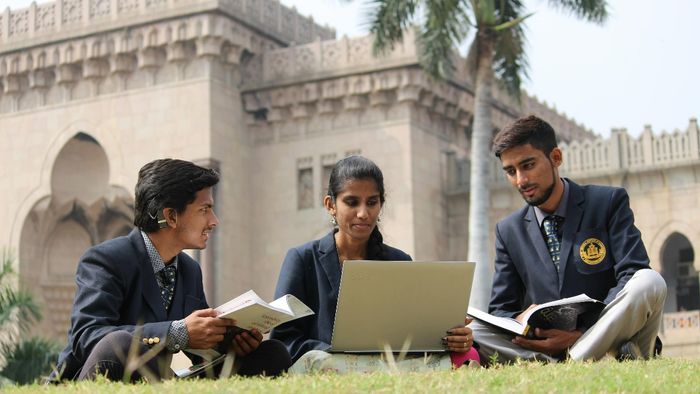Universities can now admit students twice a year in India
The University Grants Commission (UGC) has announced that higher education institutions (HEIs) in India can now admit students twice a year, starting from the upcoming academic year. This decision aims to provide more flexibility and improve employment opportunities for students.

- Jun 11, 2024,
- Updated Jun 11, 2024, 1:28 PM IST
The University Grants Commission (UGC) has decided to allow higher education institutions (HEIs) offering programmes in regular mode to admit students twice a year, either in January/February or July/August, starting from the upcoming academic year. This decision was taken during the UGC's meeting held on May 15.
Previously, UGC Regulations permitted HEIs to admit students in one academic session per year, typically starting in July or August. However, after observing the tremendous response to biannual admissions in Open and Distance Learning (ODL) and online modes, the commission has decided to extend this flexibility to regular mode programmes as well.
According to the data furnished by HEIs on the UGC DEB portal, in addition to 19,73,056 students enrolled in July 2022, an additional 4,28,854 students joined in January 2023 for ODL and online programmes. These numbers indicate that permitting a second academic session has enabled nearly half a million students to join their degree programmes without waiting for a full academic year.
M Jagadesh Kumar, Chairman of UGC, stated that biannual admissions would benefit students who missed the July/August session due to various reasons, such as delayed board results, health issues, or personal circumstances. It will also enable industries to conduct campus recruitment twice a year, improving employment opportunities for graduates.
"Biannual university admissions will help students maintain motivation since they do not have to wait one full year to be admitted if they miss admission in the current cycle. With biannual admissions in place, Industries can also do their campus recruitment twice a year, improving employment opportunities for the graduates," Kumar said.
Further, biannual admissions will allow HEIs to plan their resource distribution more efficiently, enhancing their functional flow. Kumar emphasised that while offering biannual admissions is not mandatory, it provides flexibility for HEIs to increase their student intake and offer new programmes in emerging areas.
To implement biannual admissions, HEIs will need to make suitable amendments to their institutional regulations and prepare their faculty members, staff, and students for the transition. Kumar stressed the importance of proper planning and seamless support systems for a smooth transition of students admitted at different times.
The move aligns with the National Education Policy (NEP) 2020's vision of making India a global study destination and increasing the Gross Enrolment Ratio. By adopting biannual admissions, Indian HEIs can enhance their international collaborations, student exchanges, and global competitiveness.